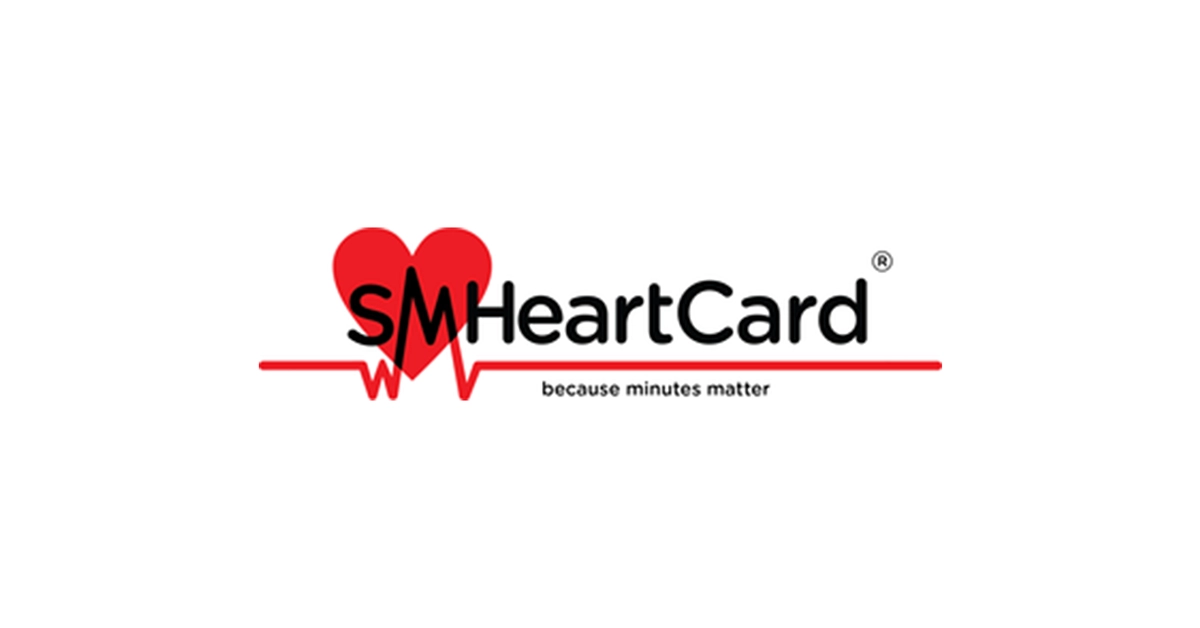The SMHeartCard (pronounced like “smart card”) is a new, portable method of carrying around medication to be used in the event of cardiac chest pain and heart attack. It is essentially what an EpiPen is to anaphylactic shock. Colin Blais, a nursing student at MacEwan, is working with the card’s creators James Stewart and John Mackey to raise awareness about the medication and get the SMHeartCard out to people to save lives. The tiny red card holds four pills of aspirin and three of nitroglycerin.
“It’s like an ambulance in your pocket. It’s basically what paramedics will give you when they arrive, the only thing missing is the heart monitor,” said Blais.
Mackey gave some background on the card: In December 2017, Stewart and Mackey were both faced with a similar problem: they “had family members at risk of heart attack, but who had no accessible medication to carry around with them.”
So the two began research and development on a portable form of nitroglycerin. It had to be stable at body heat temperatures, and resistant to breaking down from jostling. Eventually, a product was designed, developed, and patented. There was only one step left in their process: to test it. They got Neal M. Davies, the University of Alberta Faculty of Pharmacy and Pharmaceutical Sciences Dean, on board. Davies agreed to put the medication through rigorous testing under his supervision. According to Mackey, Davies reported that Mackey and Stewart “had managed to create a stable form of nitroglycerin that is safe at 50 to -20 Celcius, and, more importantly, will not explode in your pocket.”
The heart to this card is the nitroglycerin. Previously, nitroglycerin was only available as a liquid, which came in a bulky — relative to the card — spray bottle. Nitroglycerin is extremely unstable, and reacts or degrades rapidly when exposed to light, water, heat, and vibrations. The SMHeartCard stabilizes the medication by keeping the pills in a bed of something called K33, a compound which keeps the nitroglycerin in a safe and portable format.
Using the SMHeartCard in the event of a heart attack is simple: take the four aspirin (the big white ones), then take one of the three smaller nitroglycerin pills and put it under your tongue. If after five minutes, the symptoms have not subsided, take the second one, then the third after another five minutes. And don’t forget to call 911!
According to Blais, the way that the SMHeartCard works is as follows: the aspirin helps to reduce or break down blood clots in the vessels around the heart. The nitroglycerin, a vasodilator, helps to widen the blood vessels. Blais emphasized the “importance of getting more oxygenated blood to the heart, which is what the two medication’s goals essentially are.” In some instances the clot will simply be pumped away, allowing your heart to function properly until the paramedics arrive.
Blais is friends with its creators, having known about the card since its inception. He was the one that proposed it be sold on campus here at MacEwan University, believing in the necessity of spreading the word about the card and making it accessible. The card is $20, and can only ordered on their website www.smheartcard.ca. Currently the card is bought without the medication inside. There is no prescription needed to fill it, and the aspirin and stable nitroglycerin needed to fill the card can be purchased for just a few dollars.
Currently the refills are only available at “two pharmacy chains across Alberta, Anderson Drugs, and Dispensaries Limited, but within a few weeks, widespread pharmacies will carry the medication. Pharmacies are constantly in contact with us trying to get the medication, they love it. Even some national chains,” said Mackey.
The next pop-up shops featuring the SMHeartCard will be on Nov. 15, and Dec 3 and 7, in Griffins Landing in Building 7.
Cover photo via smheartcard.ca





0 Comments